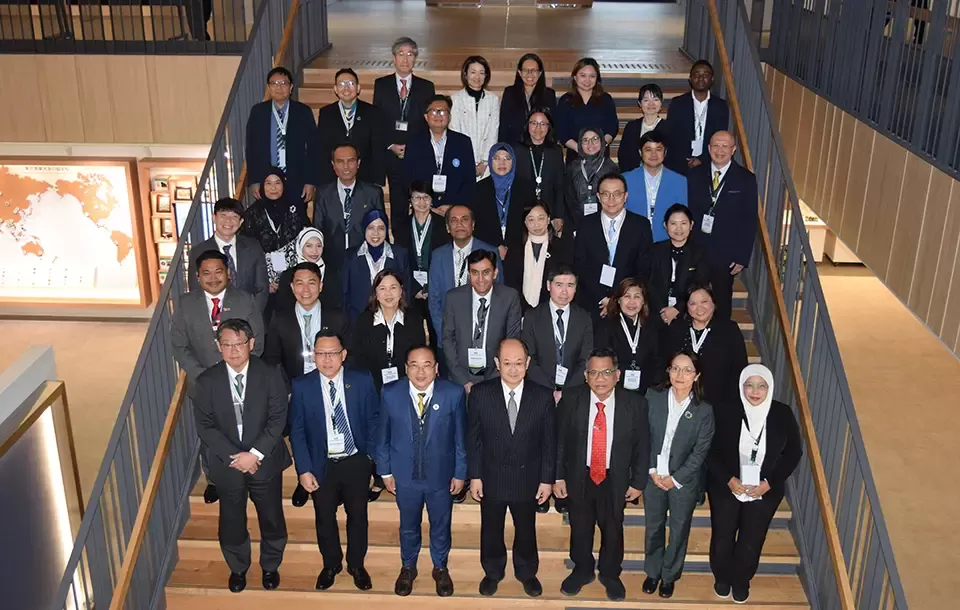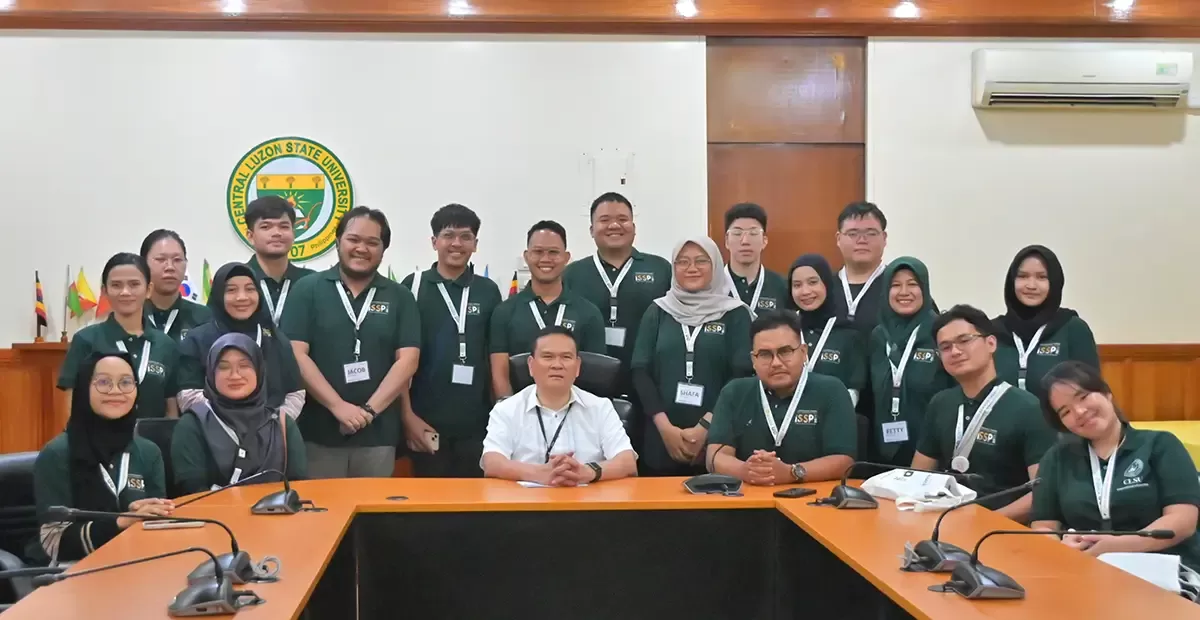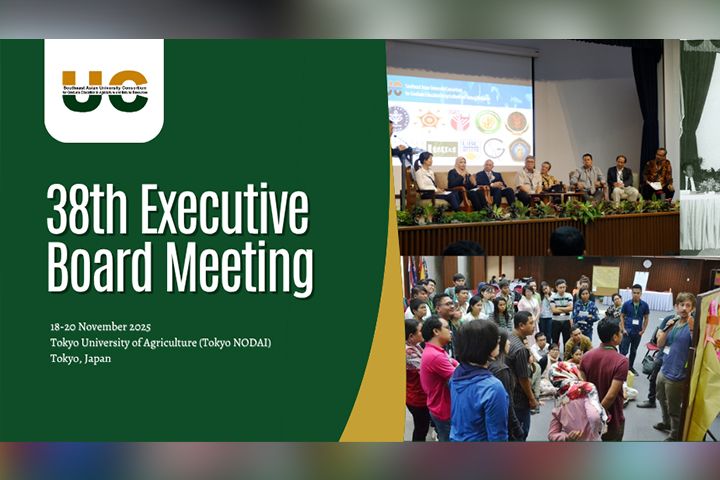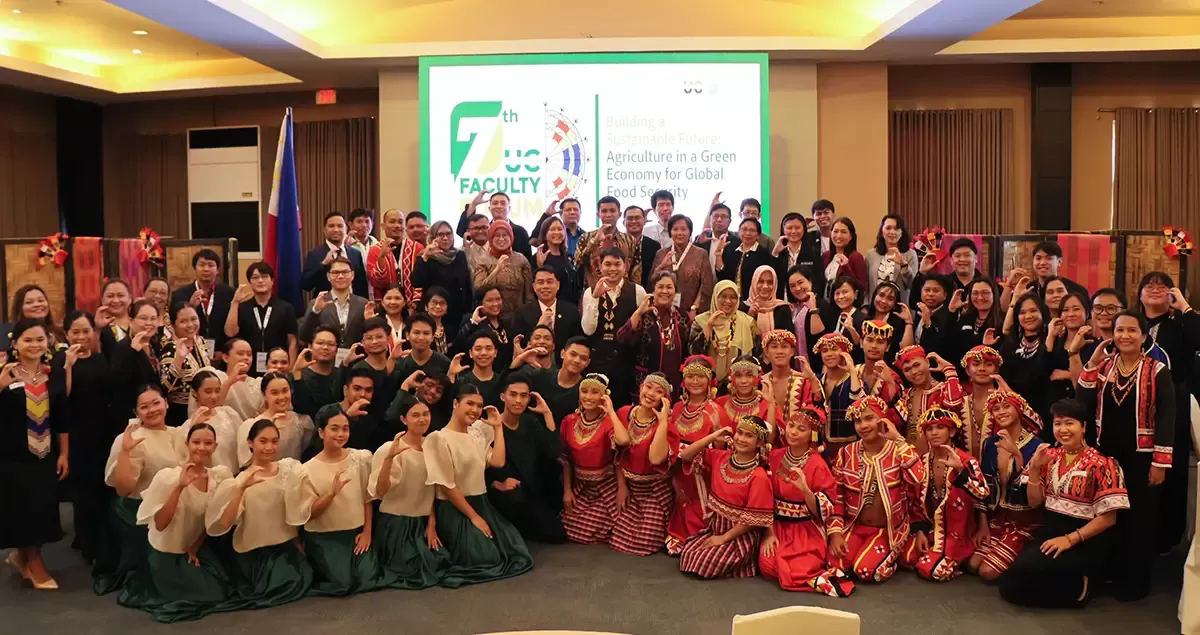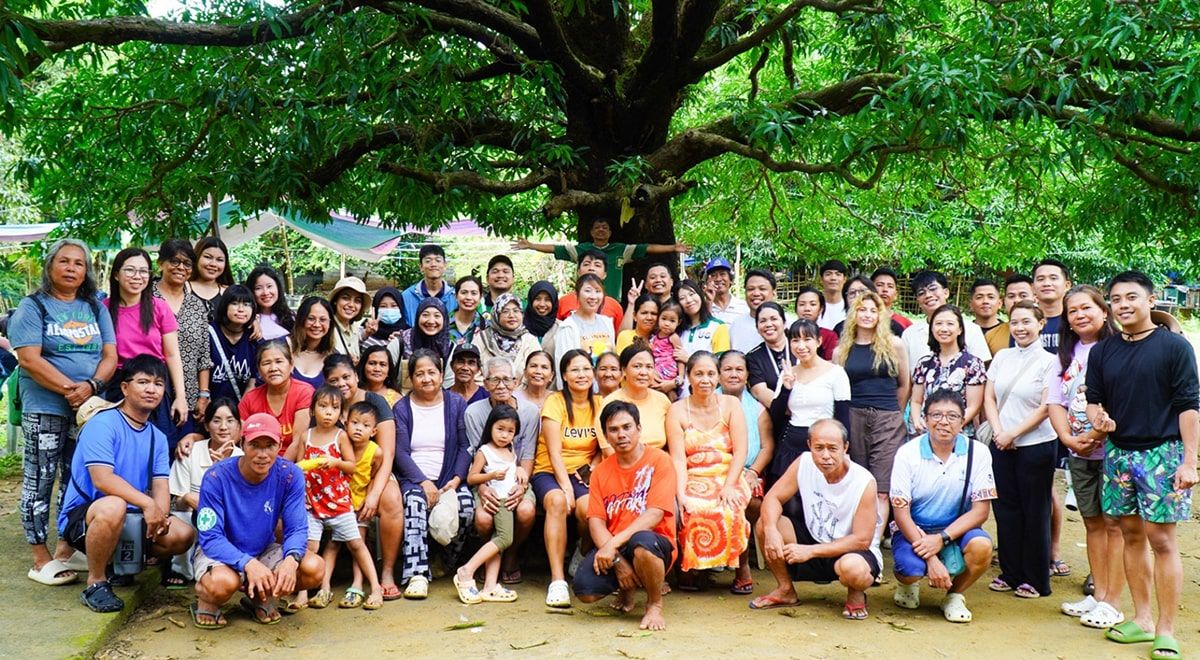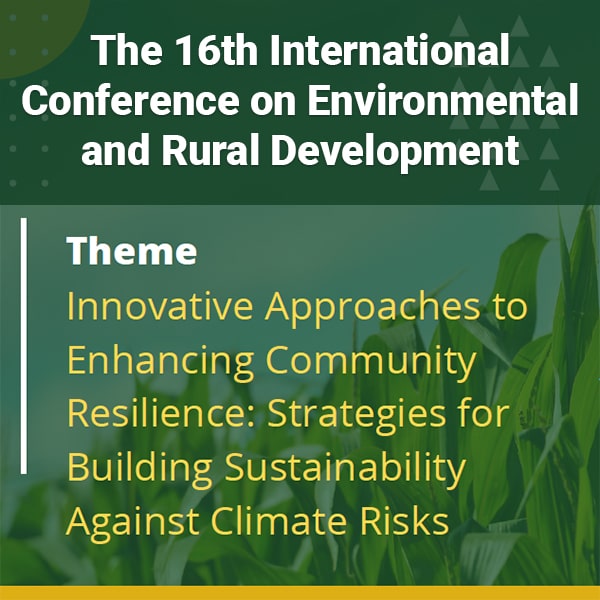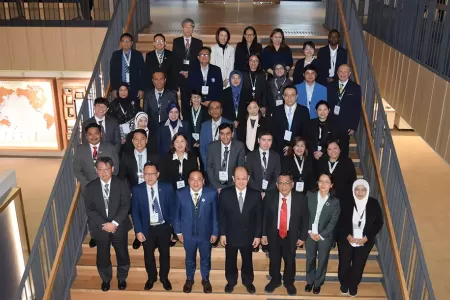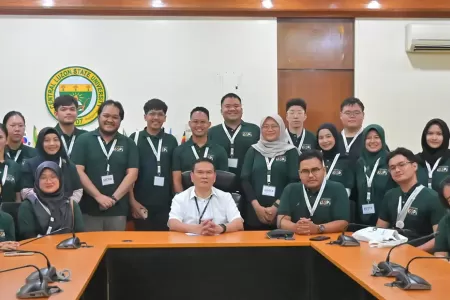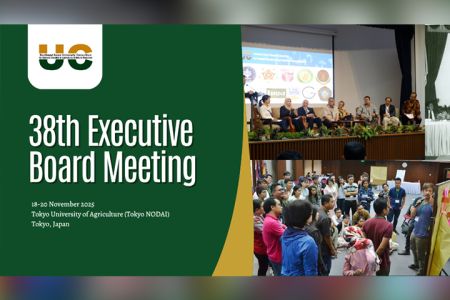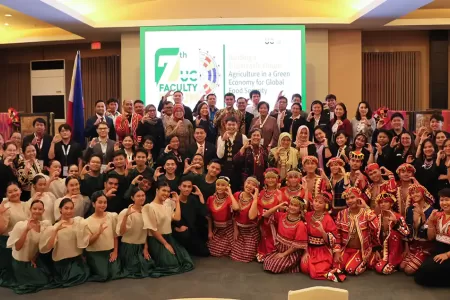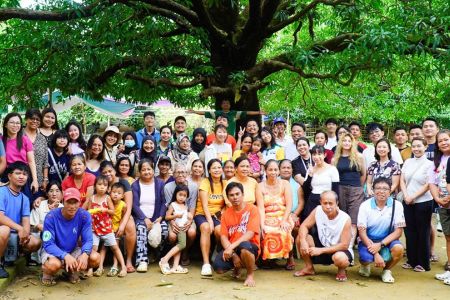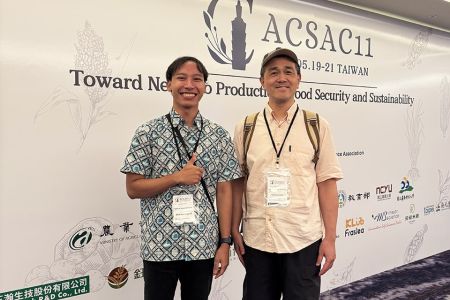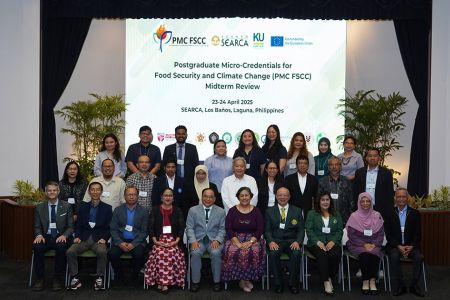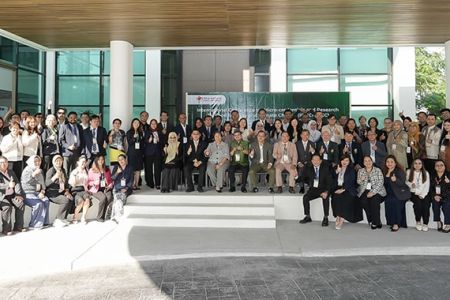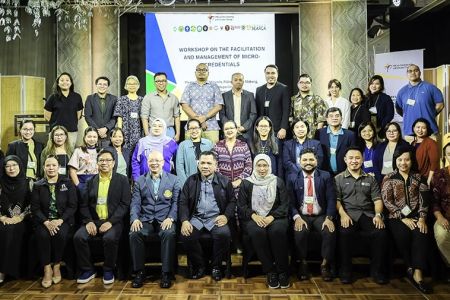UQ institute gains recognition for research excellence in tropical and subtropical research
The Queensland Alliance for Agriculture and Food Innovation (QAAFI), Australia’s first tropical and subtropical agricultural research institute, celebrated several achievements during its first Annual Research Meeting in Brisbane’s Sunshine Coast on 20-21 July 2011. The annual research meeting convened senior scientists, agri-political representatives and QAAFI researchers to reflect on the establishment of the research institute and its first few months of operation.
During his opening speech at the event, Professor Max Lu, Deputy Vice Chancellor for Research of the University of Queensland (UQ), said that in just a short time, the QAAFI is proving to be an invaluable asset in terms of the calibre of research it produces.
Aside from research outputs, Prof. Lu said that the QAAFI has also forged several multi-million dollar research agreements, international research programs and announced several research developments under its umbrella.
Working closely with international research partners, the QAAFI can now be associated with the following significant research/discoveries: the link between the structure of glycogen in our liver and diabetes; Australia’s first glyphosate resistant broadleaf weed; the use of nanotechnology for the efficient delivery of vaccines to animals; and the much sought-after antibacterial properties of honey.
Also present during the annual meeting were Professor Beth Woods, the Chief Scientific Officer of the Department of Employment, Economic Development and Innovation (DEEDI) and a key person in QAAFI’s formation, and Professor Robert Henry, QAAFI Director. The latter said that research groups and institutes from Australia and abroad have expressed interest in the evolution of QAAFI, which envisions itself to become a world leader in tropical and subtropical agricultural and food research and development.
The QAAFI was set up in September 2009 through an alliance between UQ and the Queensland Government’s DEEDI.
Source: University of Queensland

